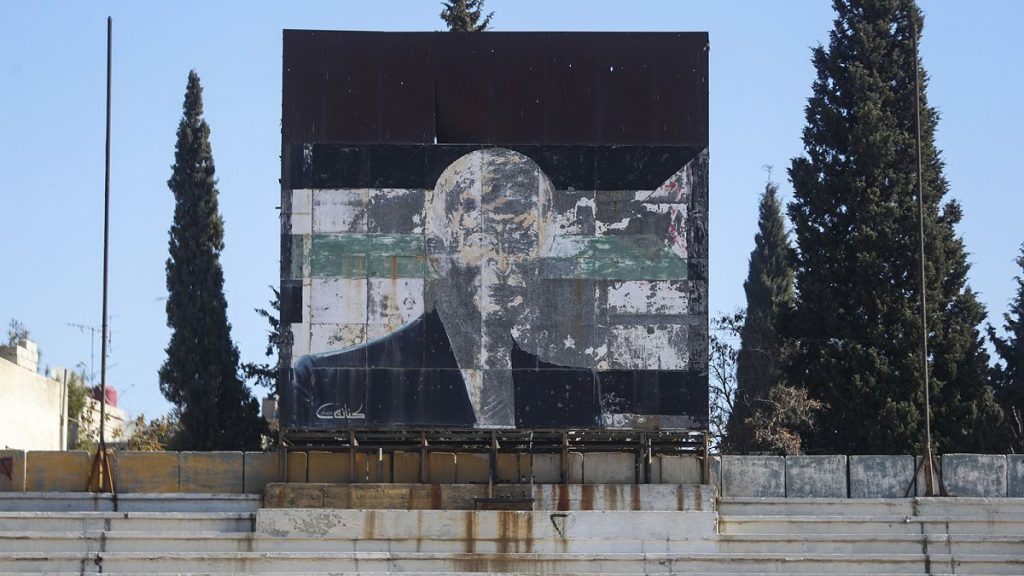The swift ousting of Syrian President Bashar al-Assad after 13 years of brutal civil war has sparked celebrations across the country, but also a wave of anxiety, particularly among the Alawite minority. While many welcome the end of Assad’s oppressive regime, the rise of Hayat Tahrir al-Sham (HTS), a formerly jihadist group now leading the transitional government, has fueled concerns about the future. Despite HTS leader Ahmed al-Sharaa’s attempts to project a more moderate image, Alawites, who faced persecution under Assad but also occupied privileged positions within the government and military, fear potential reprisals and discrimination under the new regime. Their anxieties are compounded by reports of Alawite soldiers being detained and the overwhelmingly Sunni composition of the interim cabinet, raising questions about inclusivity and the protection of minority rights in the new Syria.
The transition from Assad’s rule to HTS leadership presents a complex and uncertain landscape for Syrian Alawites. They find themselves caught between relief at the end of a repressive regime and fear of what the future holds under a group with a history of extremist ideology. The memories of Assad’s oppression, marked by disappearances, killings, and widespread displacement, are still fresh, yet the prospect of life under HTS governance evokes new anxieties. The group’s past association with al-Qaeda, its imposition of strict religious codes in Idlib province, and the all-Sunni makeup of the interim cabinet raise legitimate concerns about the potential marginalization and persecution of Alawites and other minorities. The assurances from HTS leadership about protecting minority rights ring hollow in the face of such realities.
The international community’s cautious engagement with HTS further complicates the situation. While countries like the US, UK, and Turkey have initiated contact with the group, its designation as a terrorist organization remains. This ambiguous stance creates a precarious environment for Syrian Alawites, who are left wondering whether their rights will be genuinely protected in a political landscape shaped by these complex international dynamics. The future of their community hinges on the actions of HTS, the effectiveness of international pressure for inclusive governance, and the development of a new constitution that guarantees equal rights for all Syrians.
The crucial question now revolves around the establishment of a genuinely inclusive government that respects the rights of all Syrians, regardless of their religious or ethnic background. HTS’s promises to protect minorities and ensure a Syria different from Afghanistan in terms of girls’ education are significant, but they need to be translated into concrete actions. The international community, particularly those engaging with HTS, must prioritize human rights and press for a transition process that includes all segments of Syrian society. The freezing of the constitution and parliament provides an opportunity to create a new framework that guarantees equality and protects the rights of all citizens, a crucial step towards building a stable and peaceful future for Syria.
The anxieties of Syrian Alawites highlight the broader challenges facing the country in its transition away from authoritarian rule. The legacy of Assad’s regime, marked by sectarianism and repression, has created deep divisions within Syrian society. Healing these divisions and building a truly inclusive state will require a concerted effort from all stakeholders, including HTS, the international community, and Syrian civil society. The focus must be on establishing a system of governance that respects the rights of all citizens, promotes reconciliation, and addresses the root causes of the conflict. Failure to do so risks perpetuating cycles of violence and instability.
The future of Syria hinges on the choices made in this critical transition period. The Alawites’ anxieties serve as a reminder of the high stakes involved and the importance of building a future based on inclusivity, justice, and respect for human rights. The international community must play a crucial role in supporting this process, holding HTS accountable for its promises, and ensuring that the transition leads to a Syria where all citizens can live in peace and security. The creation of a new constitution and the establishment of an inclusive government are essential steps in this direction, and the world must remain vigilant in ensuring that these processes are genuinely democratic and representative of all Syrian people. Only then can the promise of a new Syria, free from oppression and fear, be realized.














